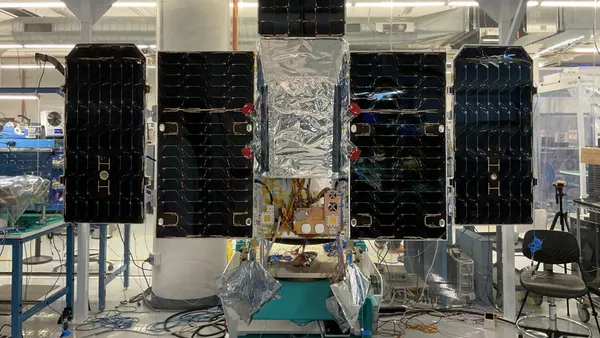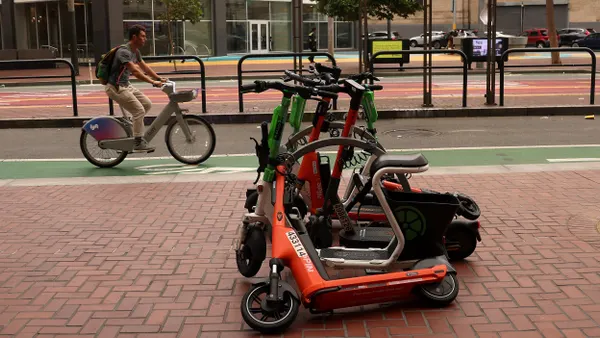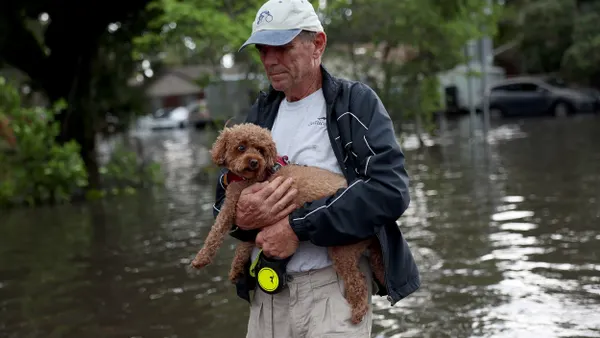Dive Brief:
- California has adopted a massive, interactive online database of location-based government data that includes over 1,200 publicly-available data sets from 25 state entities.
- The California State Geoportal collects geospatial data from government agencies including housing, water, transportation and health information. The data is compatible with geolocation software and is designed to be shared, layered onto maps and analyzed.
- The portal was designed with California-based location intelligence firm Esri as part of an open data initiative by Gov. Gavin Newsom.
Dive Insight:
Many city and state governments have taken strides to make their data open to the public, and California has tried to put itself at the front of that trend. The portal comes out of partnership between the California Department of Technology and the Government Operations Agency, which includes the Office of Digital Innovation. That office has also been responsible for alpha.ca.gov, a less cumbersome version of the state’s primary website.
The Geoportal is a "powerful tool that can be utilized by government and the public to better understand issues that impact our lives; from homelessness and immigration to health patterns and land use," California Chief Technology Innovation Officer Scott Gregory said in a statement. It builds on a previous open data portal the state released in 2013.
"All states have this technology," Esri's Matthieu Denuelle told Smart Cities Dive, "but this is the first time a state has really taken the steps to connect all the dots."
The portal will help prevent citizens and public officials from searching through multiple databases to find urgent information. Denuelle said it can be especially useful during California’s wildfire season in helping citizens access fire data to submit to insurance companies, and helping the state gather information needed for a quick response.
California is one of many governments refining how they use their vast amounts of data. Cities like New York boast that it has made more than 600 data sets open to the public, using them to support hackathon and public competitions. Vancouver has also hosted hackathons with city data sets to tackle congestion and improve road safety. Other cities like Philadelphia have restructured information technology departments to be more user-focused and put data, including geolocation data, front and center.
UPDATE: This story has been updated to better reflect the departments that launched the Geoportal.










